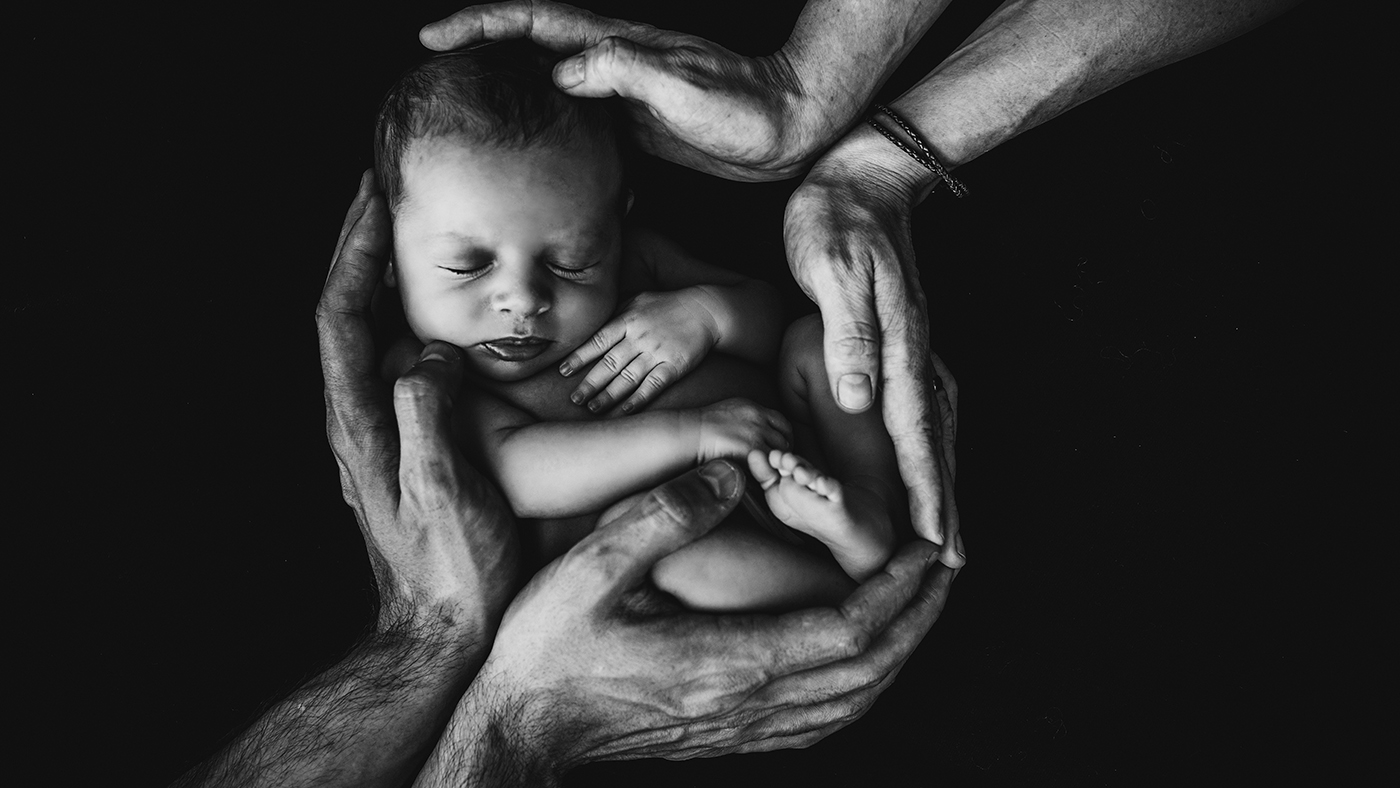Looking after your baby changes your brain

Scientists talk about brain 'plasticity', meaning that our brain structures can change throughout our lifetime. There are periods when our brains demonstrate particular fluctuations, and one of the times that this occurs is when we become new parents.
Parents of newborns show a high level of variation in the part of the brain that helps us to process emotions, in particular, increased levels of oxytocin, sometimes known as the bonding or ‘cuddle’ hormone.
These changes help you and your baby to form a deep connection – an emotional bond which helps you respond to their cues.
Parent-baby bonding doesn't always happen at first sight; for some parents, it takes a little while to develop. However, if you have any concerns about your feelings of connection, talk it through with your health visitor or another health professional who is working with your family.